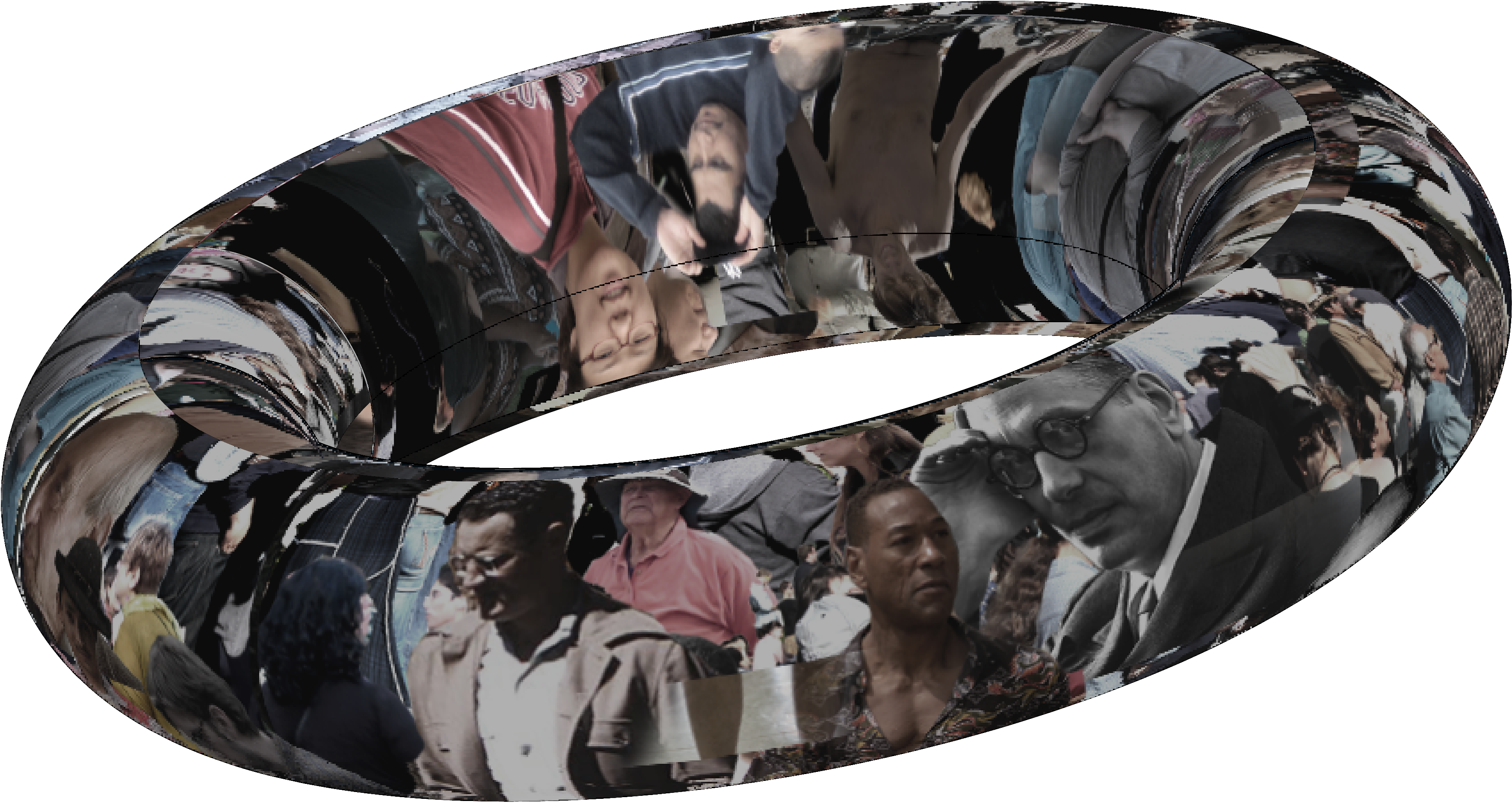
General Assembly 10:00am, Jan.12, 2019 – The Conditions of Analysis
What is a Formation in Analysis?
Habitually, the question of formation begins with a study of Freud focussing more or less on the post-Freudian notable, from Melanie Klein to Lacan, that one deems to have carried the analytic torch in the most true and knowledgeable manner. As a supplement to this formation one is advised to do a personal analysis so that one can have a first hand experience of the concepts found in Freud and the tradition. In this parallel framework, one goes from private to public, from inside to outside, and back again. PLACE does not accept to work with this trivial topology and it is the aim of this short introduction to the 2019 General Assembly to give the conditions for a less impoverished trajectory.
Public
On the side of public formation, one speaks of various institutions, educational, professional, and of the State. On the one hand, there are various educational institutions concerned with teaching the methods and theories of psychoanalysis, while supporting a professional atmosphere where people can recognize and be recognized in a community of professionals who, in one sense or another, have arrived to apply analysis in the creation of an economy. Then there are the licensing institutions that function to guarantee the conditions - ethical, educational, and medical - under the guidelines for the State.
Private
With this largely professional framework of education in place, a personal analysis amounts to the experience that is encountered in the private space of doctors and patients, experts and clients. Within this largely professional framework, any account of the cure is left at the level of a management of symptoms in a ‘talk-therapy’ – and can even be supplemented with a psychiatric assistance and the administration of psycho-tropes.
Summary
The private-public framework just recounted is general, it is not only at work in North America, but is the dominant model in Europe and South America. Not only is it found in the most low-level ego psychology and psychodynamic therapies, but in the supposedly sophisticated waning of Lacanian analysis. With an exception, many of the post- and neo-lacanian schools of today introduce a procedure called the Pass as part of a psychoanalytic formation. In order to show they are legitimate, the Pass - or some other improvised procedure mimicking it - is then used much like a jury in the university to tell if a student is competent enough to graduate and become a psychoanalyst. Pass or no Pass, most would probably agree that every lacanian or non-lacanian analytic school functions according to this standard parallel between the personal cure and public formation (there is one exception in Paris that does not, but I will not mention it here).
Position of PLACE (This position was first put forward at the inception of PLACE in 2006)
Without going into particulars here, PLACE rejects both this parallel manner of establishing the private-public conditions of an analytic formation and the notion of a juried Pass. What is most often left out of this impoverished standard model is an economic and topological question:
- How can a psychoanalytic formation be accomplished in today’s liberal economies without being reduced to psychology, psychiatry, or psychotherapy?
- How can the passage from private to public and back again be constructed in a different and more robust topology?
- The fact that this condition (Freud’s insistence on the text as basis for an analytic formation) has been neglected, even in the selection of analysts, is not foreign to the results we see around us; it indicates to us that it is only by articulating Freud’s technical exigences of the letter that we can satisfy them. It is with this initiation to the methods of the linguist, the historian, and, I would add the mathematician that we should now be concerned if a new generation of practitioners and researchers is to recover the meaning and motor force of the Freudian experience. This generation will also find in these methods a way to avoid social-psychological objectification, in which the psychoanalyst seeks, in his uncertainty, the substance of what he does, whereas it can provide him with no more than inadequate abstraction in which his practice gets bogged down and dissolves. (Ecrits, p.435; or Fink English Translation p. 362)
- The teaching of these institutes are only professional instruction and as such fail to demonstrate in its programs either a plan or aim that goes beyond that of a dental school, which is no doubt praise worthy. But reduces to the training for nurses and social workers, while those who offer such training, come from a different background that is ordinarily and fortunately of a higher caliber, at least in Europe. (p.382 Fink/ my translation Ecrits p.457)
- And if one can not even say how, without falling back into the muddy use of the personal and didactic, what a psychoanalysis is that introduces its proper act, how can we hope to get rid of this handicap that creates a short-circuit, that in no respect distinguishes the psychoanalytic act from the professional conditions that covers over it?
- Must we wait for the existence of my non-analyst to support this distinction so that a psychoanalysis (one day) would be demanded for didactically without the situation becoming in itself the establishment of something that looses this goal at each instant? (p.271 Autres écrits)